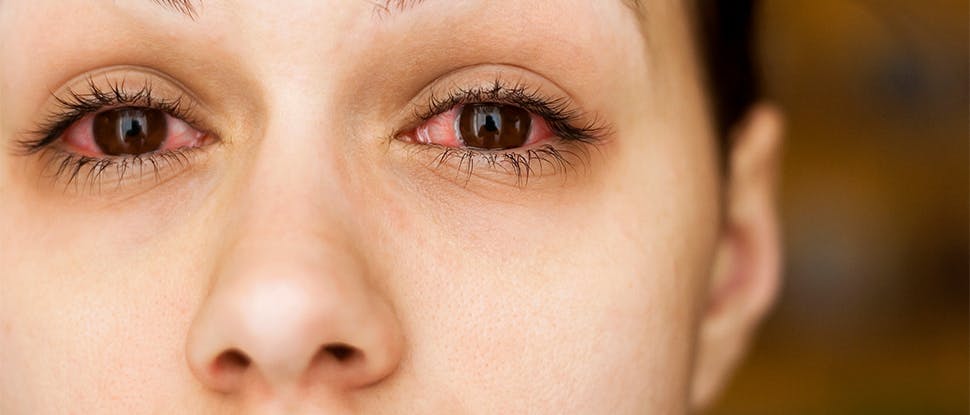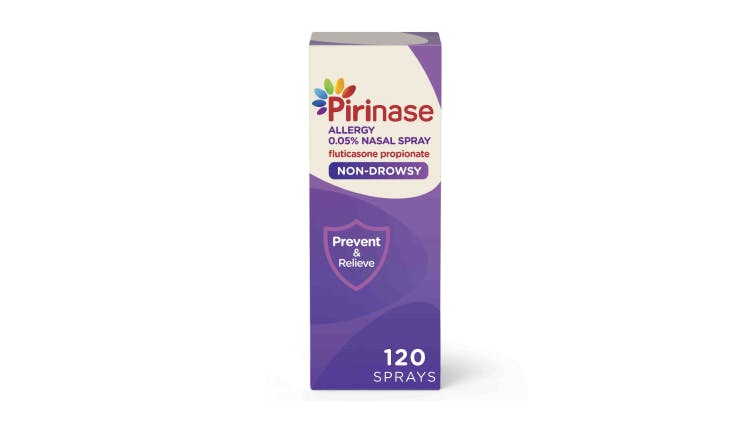Piriteze Hayfever & Allergy 10mg Film Coated Tablets, Piriteze Children's Hayfever & Allergy 1mg/ml Syrup (GSL)and Piriteze Children's Hayfever & Allergy 1mg/ml Syrup (P) (cetirizine hydrochloride). Indication: Symptomatic treatment of seasonal and perennial allergic rhinitis, and chronic idiopathic urticaria. Dosage and method of use: Adults and adolescents over 12 years: 10 mg daily. Children 6-12 years: 5 mg twice daily. Elderly: As adults if renal function normal. Allergy Tablets and Syrup: Children under 6 years: Not recommended. P-line Syrup only: Children 2 to 6 years: 2.5mg twice daily. Children under 2 years: Not recommended. Adjust dose in moderate to severe renal impairment. See SPC for details. Contraindications: Hypersensitivity to ingredients, hydroxyzine, piperazine derivatives or severe renal impairment (creatinine clearance <10 ml/min). Warnings and Precautions: Concomitant alcohol. Predisposition factors of urinary retention (e.g. spinal cord lesion, prostatic hyperplasia). Epilepsy/risk of convulsions. Pruritus and/or urticaria may occur when cetirizine stopped, may require treatment to be restarted. Tablets: Not suitable for those with galactose intolerance, Lapp lactase deficiency or glucose-galactose malabsorption. Syrup: Not to be taken by those with fructose intolerance. Contains methyl and propyl parahydroxybenzoate which may cause allergic reactions. Side effects: See SPC for full details. Dizziness, headache, fatigue, somnolence, dry mouth, sore throat, abdominal pain, nausea, diarrhoea, rhinitis, allergic disorders including anaphylaxis and hypersensitivity, suicidal ideation, depression, nightmares, inflammation of the liver, skin eruptions, joint pain. Legal category: GSL: Syrup (6years+) and Tablets: 70ml/ 7, 14, 30 P: Syrup (2years+): 70ml. PL numbers: Tablets: PL 44673/0097. Syrup (GSL): PL 44673/0095. Syrup (P): PL 44673/0096. Product licence holder: Haleon UK Trading Limited, The Heights, Weybridge, Surrey, KT13 0NY, United Kingdom Package quantity and RSP (excl. VAT): Tablets: 7s £3.73, 14s £6.66, 30s £9.16. Syrup (GSL): 70 ml £5.41. Syrup (P): 70ml £5.41 Date of last revision: Aug 2023.




